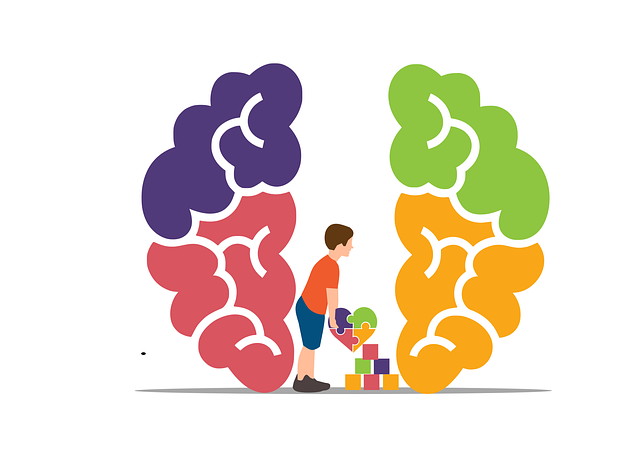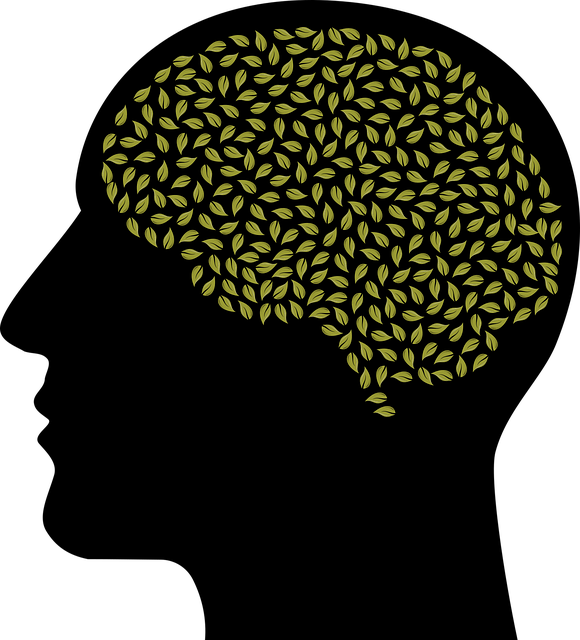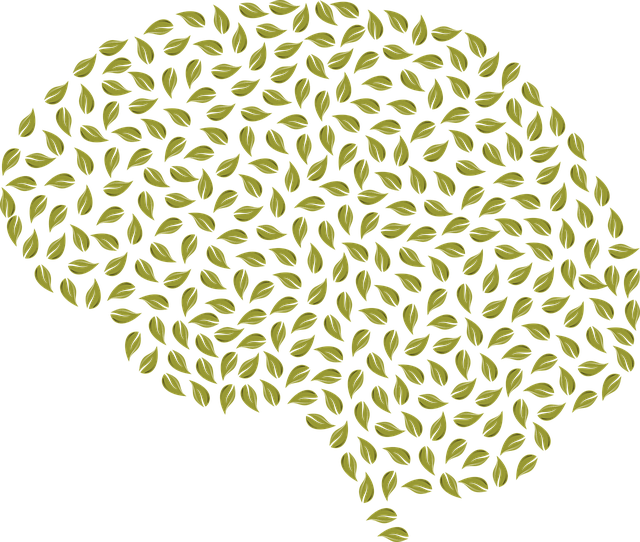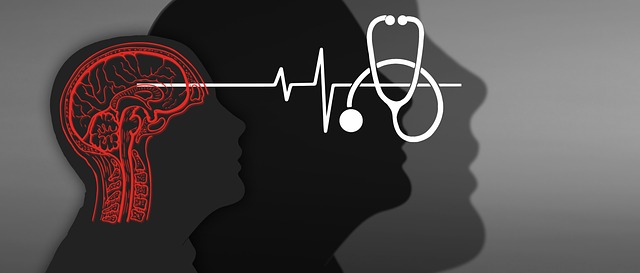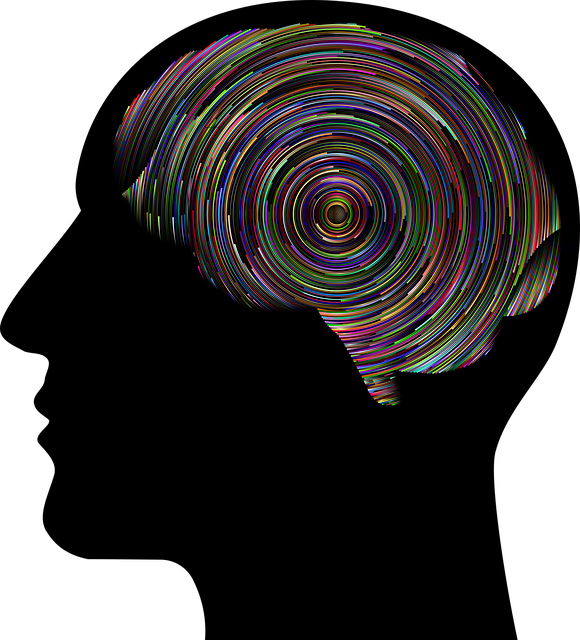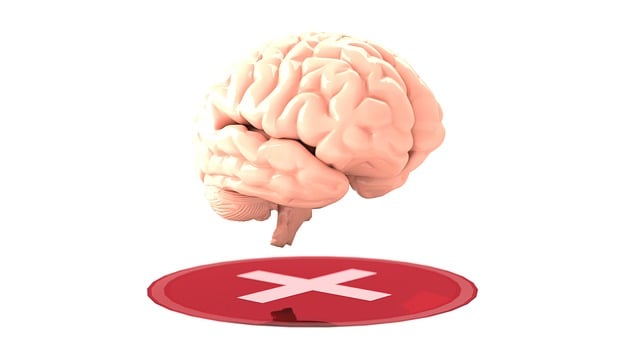Golden German Speaking Therapy (GGST) offers a holistic approach to managing anxiety by addressing mind-body connections, promoting physical and spiritual harmony, and teaching Mind Over Matter principles. CBT, a versatile GGST technique, identifies and challenges negative thought patterns, replacing them with positive ones, while mindfulness and meditation practices enhance resilience and inner peace. Self-care, including exercise, diet, and sleep, is crucial for anxiety management, and tailored GGST strategies like yoga and mental wellness coaching further support improved mental health and crisis intervention.
Anxiety is a common challenge, but managing it effectively needn’t be difficult. This article explores powerful techniques to combat anxiety, offering a comprehensive guide for those seeking relief. We delve into the unique benefits of the Golden German Speaking Therapy approach, renowned for its effectiveness. Additionally, we examine Cognitive Behavioural Therapy (CBT), mindfulness practices, and lifestyle changes, providing practical strategies to reduce anxiety and enhance overall well-being.
- Understanding Anxiety: Unveiling the Golden German Speaking Therapy Approach
- Cognitive Behavioural Therapy (CBT): A Cornerstone of Effective Anxiety Management
- Mindfulness and Meditation: Finding Calm in the Midst of Anxiety
- Lifestyle Adjustments for Anxiety Reduction: The Power of Self-Care
Understanding Anxiety: Unveiling the Golden German Speaking Therapy Approach

Anxiety is a complex emotion that can significantly impact daily life. Understanding its nuances is the first step towards managing it effectively. Golden German Speaking Therapy (GGST) offers a unique and profound approach to unraveling anxiety’s complexities. This therapeutic method delves into the mind-body connection, recognizing that emotional regulation isn’t just about intellectual understanding but also about physical and spiritual harmony.
By applying Mind Over Matter principles, GGST aims to boost confidence and empower individuals to take control of their thoughts and feelings. It encourages a deeper exploration of one’s emotions, helping them gain insights into the underlying triggers and patterns. This holistic perspective allows for more effective coping strategies, teaching individuals valuable tools to navigate life’s challenges with resilience and emotional stability.
Cognitive Behavioural Therapy (CBT): A Cornerstone of Effective Anxiety Management

Cognitive Behavioural Therapy (CBT) is a powerful tool in the arsenal of anxiety management techniques, offering individuals a structured and effective approach to overcoming their fears and worries. This therapeutic method focuses on identifying and changing negative thought patterns and behaviours that contribute to anxiety disorders. By challenging and replacing unhelpful thoughts with more realistic and positive ones, CBT empowers people to manage their symptoms effectively.
One of the key strengths of CBT lies in its adaptability and versatility. It has proven to be a golden German-speaking therapy for various anxiety-related conditions, from social anxiety to panic disorder. The process involves collaborative work between therapist and client, where they together explore the individual’s unique experiences. Through this journey, clients gain valuable insights into their thought processes and develop effective coping strategies. Moreover, CBT supports not only anxiety management but also depression prevention, boosts confidence, and encourages the development of a self-care routine for better mental health.
Mindfulness and Meditation: Finding Calm in the Midst of Anxiety

Mindfulness and meditation have emerged as powerful tools in the arsenal of anxiety management techniques. By focusing on the present moment and cultivating a non-judgmental awareness, individuals can find a sense of calm amidst the turmoil of anxious thoughts. This practice involves training the mind to observe sensations, emotions, and thoughts without getting entangled in them, allowing for a clearer perspective and reduced reactivity.
In the context of Golden German Speaking Therapy, mindfulness meditation offers a unique approach to self-care practices, enhancing one’s ability to navigate life’s challenges with resilience. It encourages individuals to embrace their experiences, including anxiety, as opportunities for growth and personal development. By integrating regular meditation practice into daily routines, people can develop coping skills and build effective crisis intervention guidance, ultimately fostering a deeper sense of inner peace and well-being.
Lifestyle Adjustments for Anxiety Reduction: The Power of Self-Care

Anxiety management often begins with recognizing that self-care is a powerful tool to combat the condition. Lifestyle adjustments play a significant role in reducing anxiety levels and improving mental wellness. Golden German Speaking Therapy, for instance, emphasizes the importance of tailored strategies that address the root causes of anxiety. This may include changes in daily routines, such as incorporating regular exercise, maintaining a balanced diet, and ensuring adequate sleep – all of which have been shown to positively impact mental health.
Additionally, engaging in activities that promote relaxation and stress reduction, like mindfulness practices, meditation, or yoga, can be transformative. These techniques encourage individuals to focus on the present moment, reducing worry about future or past events. Depression prevention becomes easier when these self-care practices are incorporated into daily life, fostering a sense of calm and resilience against anxiety’s onset. Furthermore, considering mental wellness coaching programs or listening to engaging mental wellness podcast series can offer valuable insights and support tailored to individual needs.
Anxiety management is a multifaceted journey, as evidenced by the diverse techniques explored in this article. From understanding the intricacies of anxiety through the Golden German Speaking Therapy approach to leveraging evidence-based methods like Cognitive Behavioural Therapy (CBT), mindfulness practices, and self-care routines, each strategy offers a unique path to mastery. Integrating these techniques into daily life can significantly reduce anxiety symptoms and enhance overall well-being. Whether delving into CBT’s cognitive restructuring or cultivating mindfulness through meditation, individuals have powerful tools at their disposal. By embracing these methods, one can navigate life’s challenges with greater resilience and calm, ultimately fostering a more balanced and fulfilling existence.

